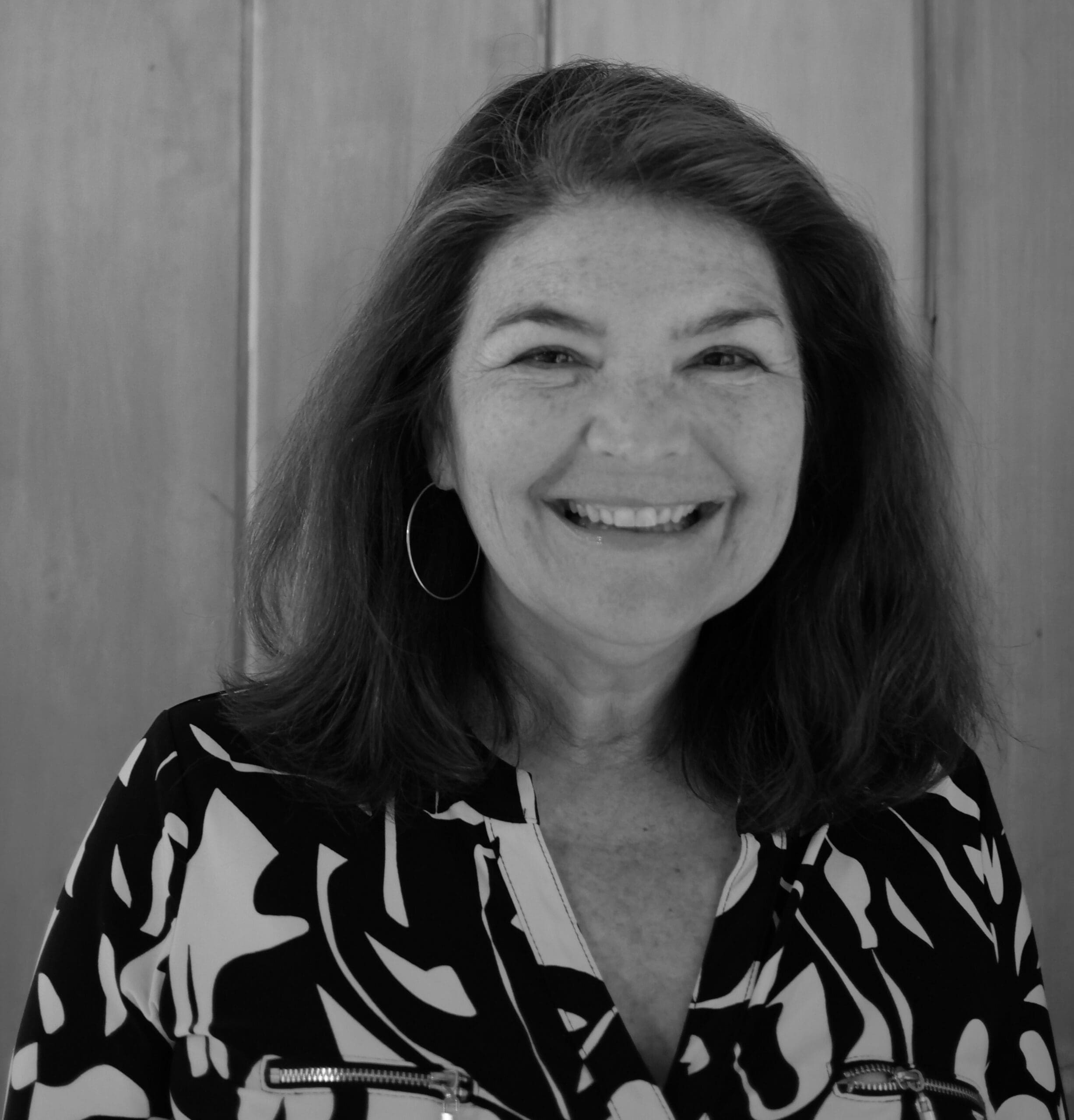Seeking solace from the nonstop chatter of our daily lives, many turn to meditation and silent retreats.

Winding mountain roads lead to Yogaville in Berryville, where individuals come together to start the New Year in quiet reflection. In the sanctuary of the blue Unitarian Universalist Church of the Shenandoah Valley in rural Stephens City, a weekly Vipassana group engages in guided and silent meditations. Richmond Hill, in the capitol’s bustling downtown, provides a silent retreat for city dwellers on the second Tuesday of each month from 9 to 4 p.m.—no cell phones allowed.
Welcome to one of the hottest wellness trends for 2018—silence.
Shell Fischer, a meditation teacher in Winchester who leads silent retreats in Virginia and West Virginia, laughs when asked if there’s been an uptick in interest in her field. “Yes. When I started practicing three decades ago, it was considered very woo-woo, for hippies,” she says. “In the last five years or so, interest in silent retreats and meditation in general has really been booming.”
The hectic pace of our lives, combined with technology fatigue—checking our cell phones and social media feeds incessantly—is helping to fuel the interest, she says.
“People are overwhelmed. I think meditation is one of the ways that we can learn to just stop and put our cell phone down. We have to relearn how to be quiet, in a way.”
Longtime meditation practitioner Laurie Seidel, MSN, an educator for the department of psychiatry and behavioral medicine at Carilion Clinic, is a founder of the nonprofit Mindfulness Institute of the Roanoke Valley and oversees the Building a Mindful Community Initiative at Carilion. Through the latter she has conducted two research studies exploring the effects of a mindfulness meditation course on busy health care professionals.
“The complexities of heath care are very challenging, it’s an ever-changing, ever-evolving line of work. My colleagues were very stressed and looking for ways to better take care of themselves—because of course if you don’t take care of yourself first, it’s really a challenge to take care of others,” she says.
Recent years have brought a flurry of scientific studies supporting the practice of meditation. Much of it concerns the eight-week Mindfulness-Based Stress Reduction (MBSR) workshop that was created by Dr. Jon-Kabat Zin of the University of Massachusetts Medical Center in 1979. The long-running course is taught at the University of Virginia’s Mindfulness Institute as well as by Fischer at Valley Health Cancer Center and the Dharma Studio, both in Winchester. “Benefits have been shown for stress and anxiety, depression, for veterans with PTSD and those with chronic pain,” says Dr. John Schorling, a primary care physician who now directs UVA’s Mindfulness Institute.
He explains why meditation works: “When we have chronic stress, the stress hormone that is principally involved is cortisol, and high cortisol levels have lots of side effects—increasing our appetite and weight, decreasing our immunity,” he says. “If we can break the cycle of continually feeding the stress, then the cortisol levels can decrease as well.”
Silence plays an important role. “We start teaching people to focus on their breathing, notice the sensation as it’s entering your body and leaving your body. Then, as we do that, we begin leaving larger and larger periods of silence,” says Schorling, who began practicing meditation over 30 years ago, following a trip to India and Tibet. Beginners may want to start with a 1-3 day retreat. Some programs offer guided meditation, in which the instructor provides some verbal guidance but participants maintain a “noble silence”—meaning no talking or technology distractions for the duration of the retreat.
Having no expectations is essential. Says Fischer: “The practice of meditation is more about finding the answers within, and being quiet enough to hear those answers—rather than having the answers before you go in.” Click here for a list of silent retreats around the state.
This article originally appeared in our 2018 Health and Wellness issue.








